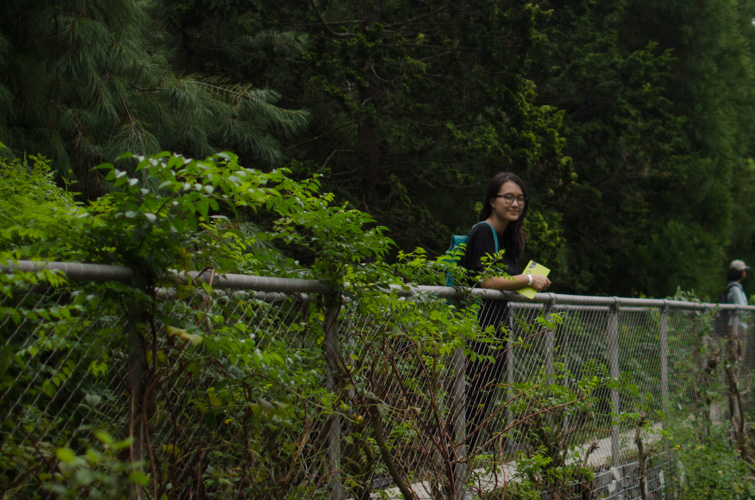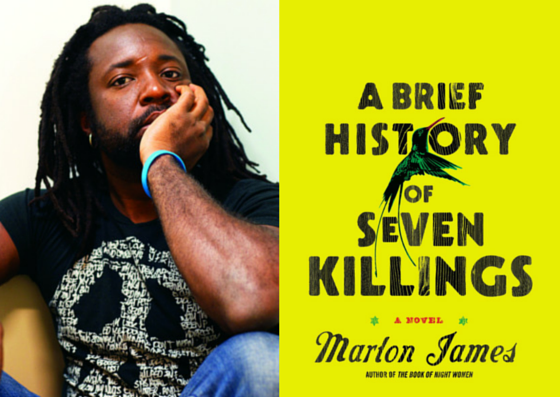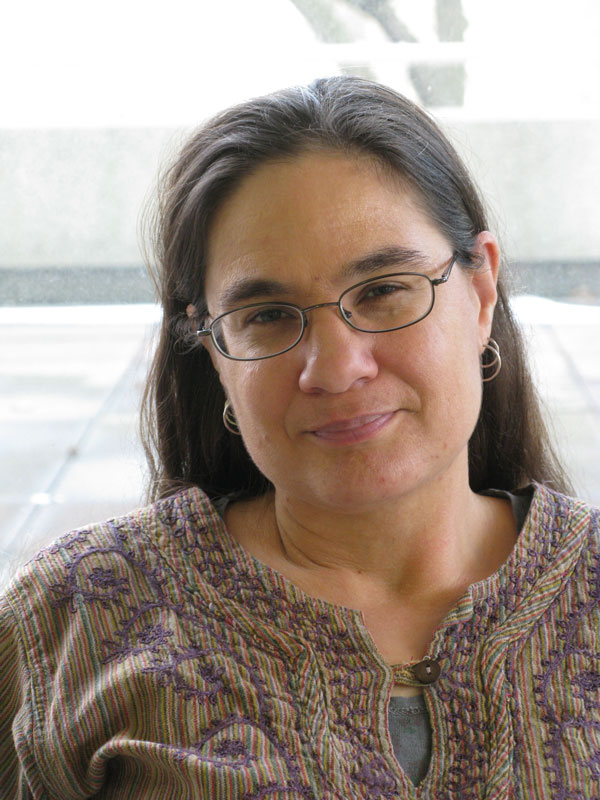by Jessica Yang
I was five when I came to the U.S. from China. My first experiences of America were formed in a predominantly white town where I could count the number of non-white classmates on one hand. Other children asked me why my eyes were so small, whether I ate dogs, and why my lunch of homemade dumplings smelled weird. I chose to bury these memories because I wanted to believe the world was a better place.
“The trick was to understand America, to know that America was give-and-take. You gave up a lot but you gained a lot, too.” That observation comes from Chimamanda Adichie’s short story, “The Thing Around My Neck.” I discovered it in a first-year seminar at Case Western Reserve University, an experience that helped awaken me to the power in sharing things that make us uncomfortable.
As the class progressed, I found comfort in being both Chinese and American. Zadie Smith writes in “Speaking in Tongues” of her “proper” English: “This voice I speak with these days, this English voice with its rounded vowels and consonants in more or less the right place–this is not the voice of my childhood…A braver person, perhaps, would have stood firm, teaching her peers a useful lesson by example: not all lettered people need be of the same class, nor speak identically. I went the other way. Partly out of cowardice and a constitutional eagerness to please.”
The seminar discussions made me feel less alone in my immigrant experiences; they also allowed me to face the more difficult feelings I’ve had. The things around my neck that make me different aren’t exclusionary, even if they may seem that way at first. I started to see new connections.
The Anisfield-Wolf seminar, taught by Dr. Lisa Nielson, fostered the importance of difference and diverse stories. I started to write more about the need for Asian-American writers and stories in the media. I found purpose in writing and strength in multifaceted identities.
In talking about the readings in class, I realized that discussions about race and identity were pursuable once someone brought light to them, even if these questions were hard to explore. It changed the way I approached my Asian-American identity and the topics I address. I found power in owning the negative memories, admitting that they happened and starting a dialogue about the experiences.
I am now six years removed from that seminar and a graduate of Case, currently in medical school. Still, the themes of these two readings from that class accompany me. I didn’t have to be less Chinese to be more American. Now I find comfort, despite the confusion, in the hyphen that exists in Chinese-American.
Jessica Yang was one of the members of the inaugural Anisfield-Wolf SAGES seminar in 2013. She graduated from CWRU in 2017 with a dual degree in biochemistry and psychology, and a minor in biology. An avid reader who is dedicated to exploring questions of identity, Jessica has been a blogger and freelance writer since high school and is currently finishing her first year of medical school at Rowan University in New Jersey.



